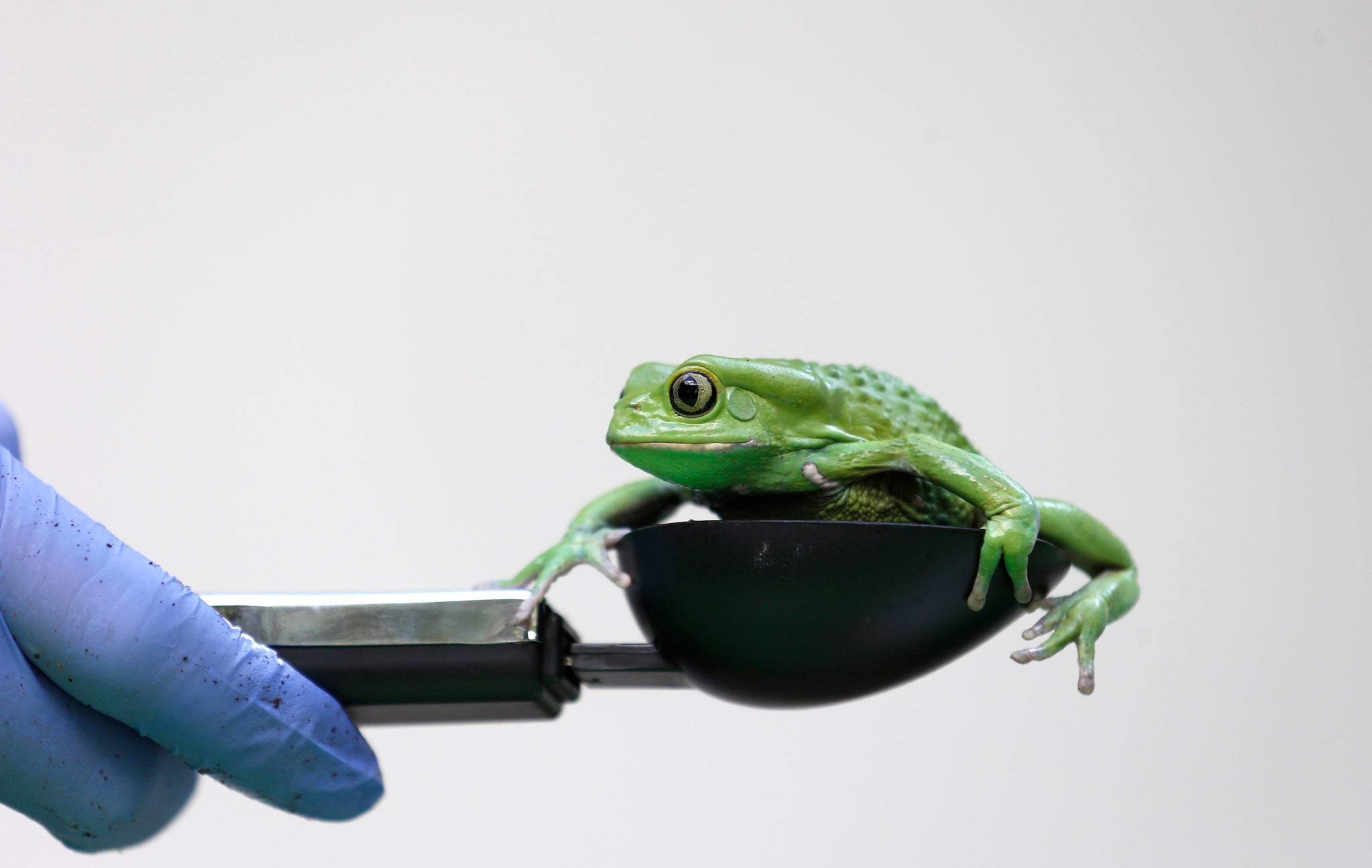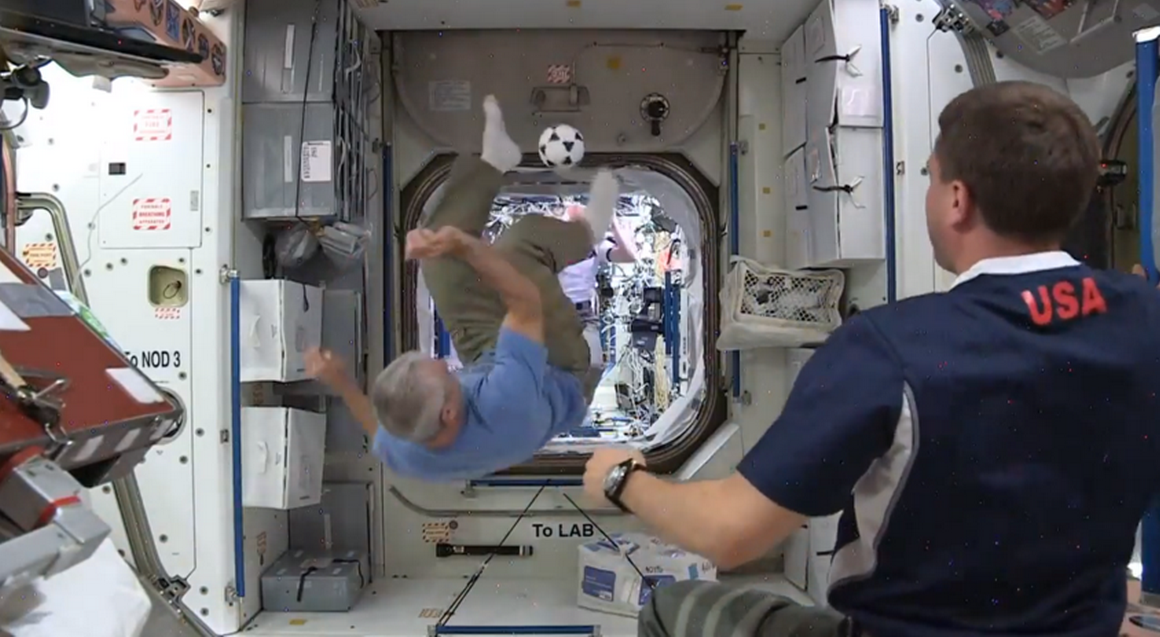Scientists say burrowing frogs' genes could help humanity voyage into space
The ability of Cyclorana alboguttata (not pictured) to survive hibernation intact could preserve astronauts' muscles during journeys in micro-gravity

Your support helps us to tell the story
From reproductive rights to climate change to Big Tech, The Independent is on the ground when the story is developing. Whether it's investigating the financials of Elon Musk's pro-Trump PAC or producing our latest documentary, 'The A Word', which shines a light on the American women fighting for reproductive rights, we know how important it is to parse out the facts from the messaging.
At such a critical moment in US history, we need reporters on the ground. Your donation allows us to keep sending journalists to speak to both sides of the story.
The Independent is trusted by Americans across the entire political spectrum. And unlike many other quality news outlets, we choose not to lock Americans out of our reporting and analysis with paywalls. We believe quality journalism should be available to everyone, paid for by those who can afford it.
Your support makes all the difference.The genetic secrets of a species of frog that hibernates for months could hold the key to safer space voyages, say scientists.
Researchers from the University of Queensland say that ability of the burrowing frog species Cyclorana alboguttata to maintain muscle mass while dormant could help overcome the problem of astronaut’s own muscles deteriorating during long trips in zero gravity.
Although floating weightless in space is something many would-be astronauts dream of, this unique environment takes its toll - leaving muscles drastically under-used and causing a number of health problems from tendonitis to fat accumulation.
With a manned mission to Mars taking anywhere between 39 and 289 days depending on how close the planet is, astronauts would certainly benefit from anything that ensured they were in top physical condition upon arrival on the planet's surface.
Scientists studying the frog say that that one of its genes known as ‘survivin’ could help. When faced with droughts in their native Australia, the frog survives by burrowing underground and covering itself with a cocoon of shed skin.

This keeps them relatively insulated from harm - but the survivin gene is necessary to protect them from their own bodies. Cells have many different ‘suicide mechanisms' but one in particular kicks in to remove matter that is apparently damaged - something it judges by long periods of inactivity. Survivin stops this from happening.
"If we can understand the cell signalling pathways that confer resistance to muscle wasting, then these could be useful candidates to study in mammalian muscle atrophy,” said PhD student Beau Reilly in a press release.
"These could help to develop therapies to treat bedridden human patients or even astronauts, who frequently lose muscle tone when exposed to reduced-gravity conditions."
This sort of research could be even more important for journeys into space further afield than Mars. If scientists can't develop faster propulsion technology in the future then even travelling to nearby stars could take tens of thousands of years.
"I am fascinated in animals that survive in extreme conditions" said Miss Reilly. "I think humans and modern medicine could learn a great deal from organisms such as burrowing frogs".
Join our commenting forum
Join thought-provoking conversations, follow other Independent readers and see their replies
Comments